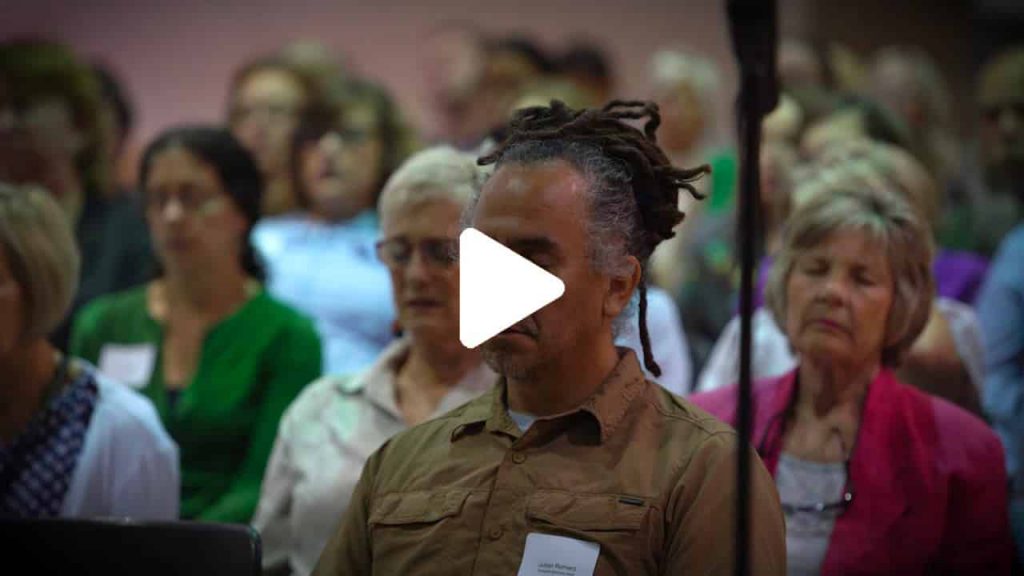The traumatic events of the North Bay wildfires have profoundly affected our individual emotional and physical health, our social functioning, our overall well-being, and the health and security of our community. Unresolved, this distress can damage our health and limit our potential for rebuilding a strong community.
Join diverse Sonoma County community members in this dynamic train-the-trainer program where you will practice evidence-based self-care tools for effectively addressing personal and team stress after the fires, network with peers, and learn an evidence-based model to rebuild a resilient, self-healing, and inclusive Sonoma County. 115 people completed the first cohort in January and are eagerly preparing to implement the training in their workplaces and communities.
What’s Involved for Participants
This is a two-part professional training program and full attendance is required for both programs. Thanks to generous support from funders, the training is free of charge. Your investment is a commitment to 100% attendance at the 4-day Initial Training Program (June 19-22, 2019), as well as the 4-day Advanced Training Program (July 31-August 3, 2019). The training days will last from about 8 AM – 5:30 PM.
By applying, you also commit to running at least one workshop and one, 8-week, mind-body skills group during the year under the supervision of Center for Mind-Body Medicine (CMBM) faculty. See more details on the full time commitment here.
There are many ways to get involved, please fill out this form to indicate your interest.
